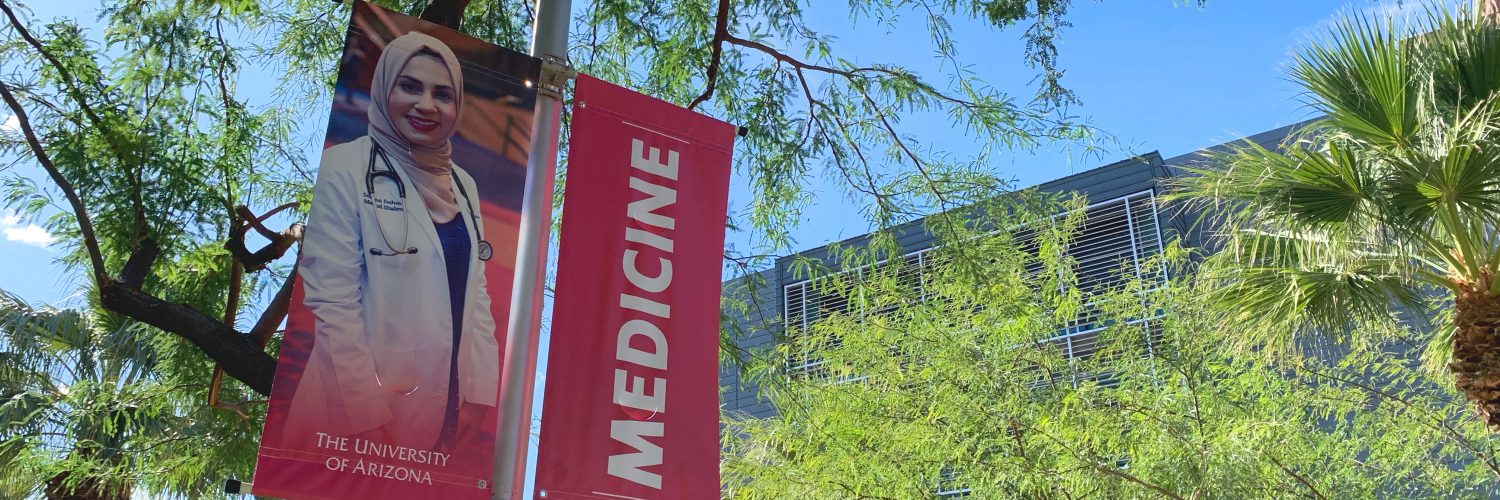
The University of Arizona is addressing Arizona’s significant lack of primary care physicians, as well as the growing burden of student loan debt, by offering free tuition to medical students who agree to practice primary care.
To qualify for the scholarship, UArizona College of Medicine students in Tucson and Phoenix must agree to serve in a primary care role in a federally designated underserved community in Arizona for at least two continuous years, starting within six months of completing their residency.
Arizona only has enough primary care physicians to meet the needs of about 40 percent of its residents, and underserved areas are hit the hardest, according to UArizona.
“Ensuring every Arizona resident, whether in rural communities or urban cities, has access to quality health care is a top priority for Arizona,” said Gov. Doug Ducey.
The United States will face a shortage of nearly 122,000 physicians by 2032, according to the governor’s office.
“The University of Arizona Primary Care Physician Scholarship is another example of the innovative steps the state is taking to address this critical workforce shortage facing Arizona and the entire nation. My thanks to the University of Arizona as well as health care leaders and medical professionals across the state who continuously demonstrate their commitment to Arizona’s health care industry.”
In May, the Arizona Legislature appropriated $8 million in annual tuition funding to UArizona’s two med schools — enough to cover about 100 students, or about 10 percent of the student body, according to the university.
“Arizona needs nearly 600 primary care physicians today, and the number is expected to grow to more than 1,900 by 2030,” said Dr. Michael Dake, senior vice president of UArizona Health Sciences. “As the state’s only two designated medical schools, the College of Medicine – Tucson and the College of Medicine – Phoenix are taking full advantage of the public investment approved by our state legislators, who recognize the time to address this shortage is now.”
Any remaining funding will be used to expand the med school class size in Phoenix.
“In addition to the dire need for more primary care physicians in the state, the issue of student debt is a major roadblock for many people who have the potential to be great doctors,” Dake said. “It keeps many individuals from even applying to medical school.”
UArizona’s guidelines state that a primary care physician in this case is “someone who successfully has completed medical school at UArizona and completed residency or fellowship training in one of the following specialties: family medicine, general internal medicine, geriatric medicine, general pediatrics, psychiatry, or obstetrics and gynecology,” according to a statement.
Eligible applicants must be Arizona residents and current full-time med students at one of the UArizona Colleges of Medicine. The program is already accepting applicants for the spring 2020 semester.
“Students who graduate from the University of Arizona want to tackle important issues and meet big challenges in society,” said UArizona president Dr. Robert Robbins. “The physician shortage is a major issue facing the state and nation, and I am excited that the University of Arizona will provide scholarships for qualified medical students and get more primary care physicians into underserved areas across the state.”
State Reps. Gina Cobb, R-Kingman, and Tim Dunn, R-Yuma, released a statement praising UArizona for waiving students’ tuition in a way that helps address the primary care physician shortage.
“Not only does UArizona’s primary care tuition waiver program provide an opportunity for medical students to graduate without crippling student loan debt, but it will get primary care physicians to the areas of the state that badly need them,” Cobb said.
She said she was proud the Legislature made this issue a priority.
“Arizona ranks 44th among states in active primary care physicians per capita, and rural Arizona is bearing the brunt,” Dunn said. “Patients shouldn’t have to wait weeks or even months to get an appointment with a primary care physician, but that’s the situation many of my constituents face. UArizona’s tuition waiver program will begin to address this critical doctor shortage, and I thank my colleagues in the Legislature for recognizing the problem and funding this program.”
















Add comment